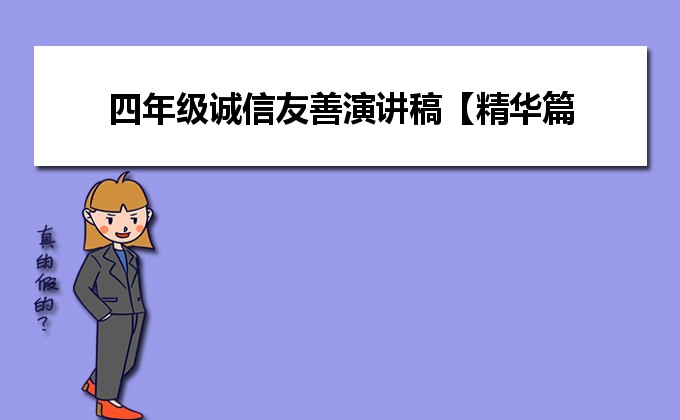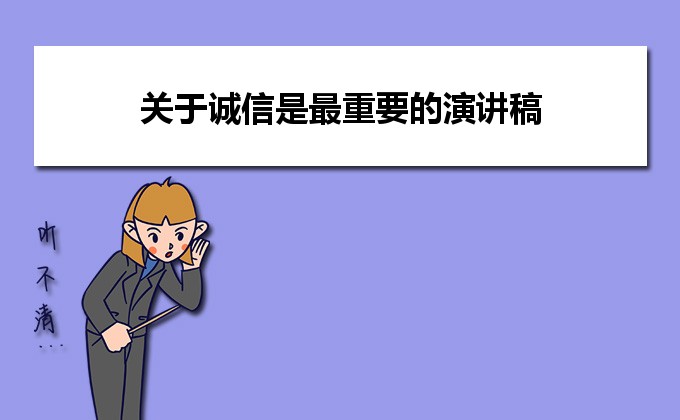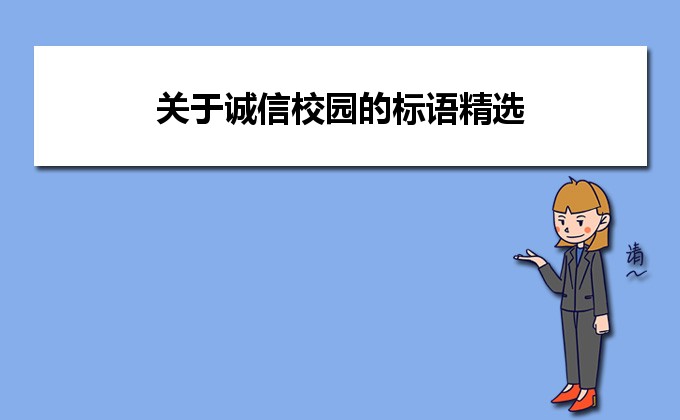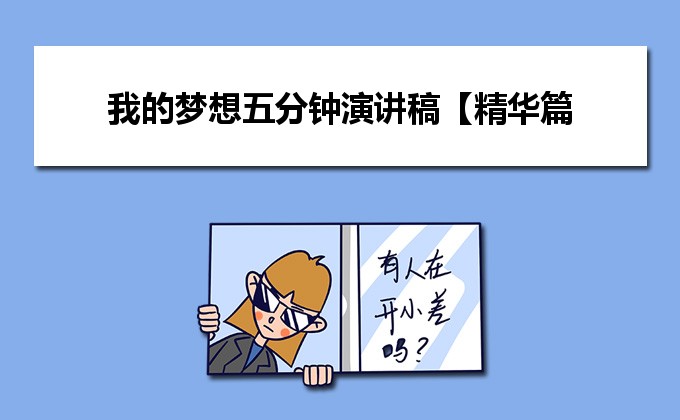誠(chéng)信的英文演講稿
because intentions are closely related to fairness and certainly affect the degree of honesty/dishonesty, there is a wide sPad confusion about honesty--and a general belief that being dishonest means that one always correctly understands if their behavior is either honest or dishonest. self-perception of our morality is non-static and volatile. it's often at the moment we refuse to consider other perspectives that there is a clear indication we are not pursuing the truth, rather than simply and exclusively at the moment we can muster up evidence that we are right. socrates had much to say about truth, honesty and morality, and explained that if people really understood that their behavior was wrong ? then they simply wouldn't do it ? by definition. unfortunately, honesty in the western tradition has been marginalized to specific instances ? perhaps because a thorough understanding of honesty collides with ideologies of all types. ideologies and idealism often exaggerate and supPss evidence in order to support their perspectives ? at the expense of the truth. this process erodes the practice and understanding of honesty. to an ideologist the truth quite often becomes insignificant, what matters most are their ideals and what ever supports their desires to enjoy and sPad those ideals.
human beings are inherently biased about what they believe to be good due to inpidual tastes & backgrounds, but once one understands that a decidedly biased approach to what is true ? is inherently dishonest, one can also understand how idealism and ideology have poorly served the quest for an honest, moral society. both honesty and morality require that we base our opinions about what is good ? upon unbiased ideas of what is true ? rather than vice versa (determining what is true based on what we feel is good) ? the way all ideologies would have us believe.











